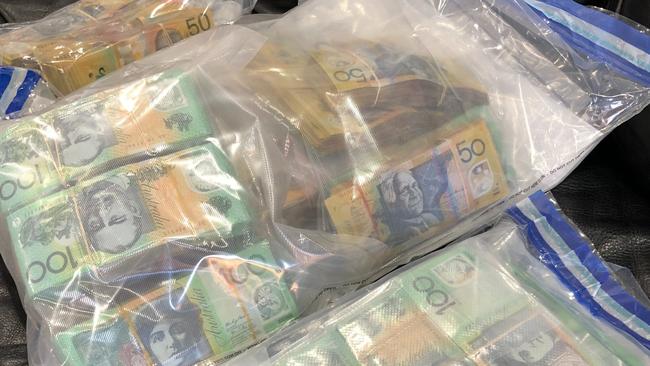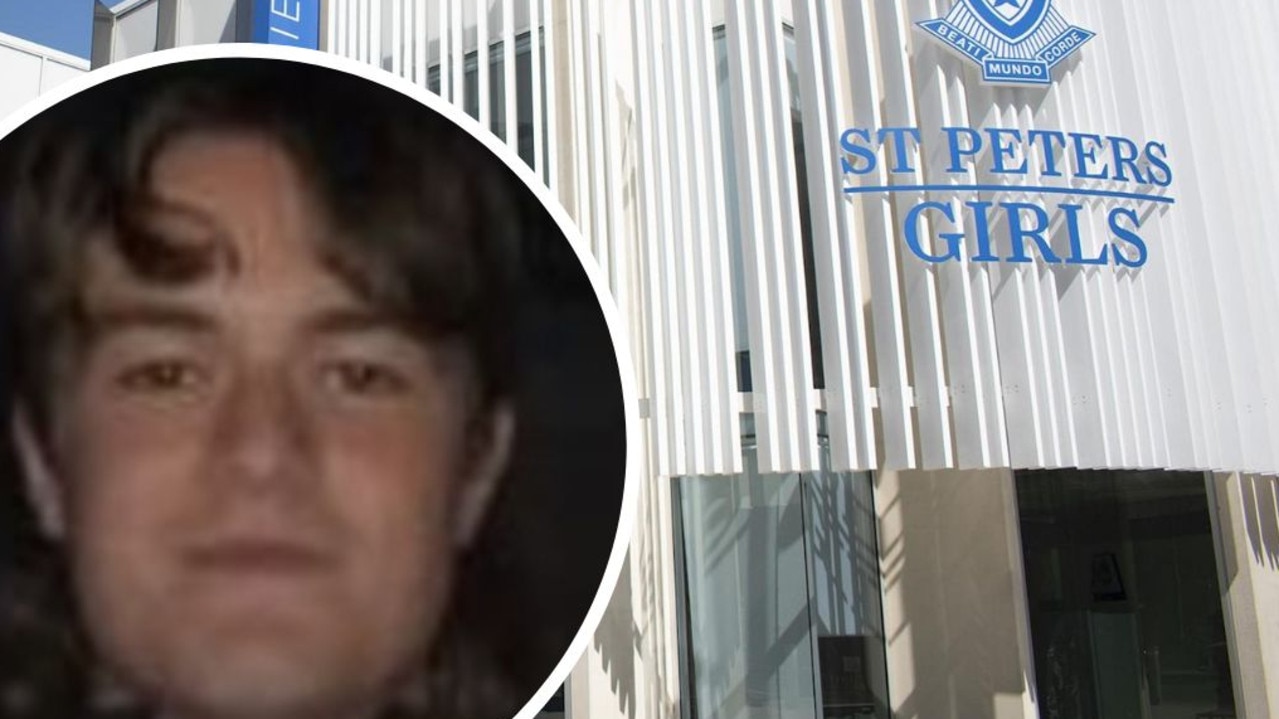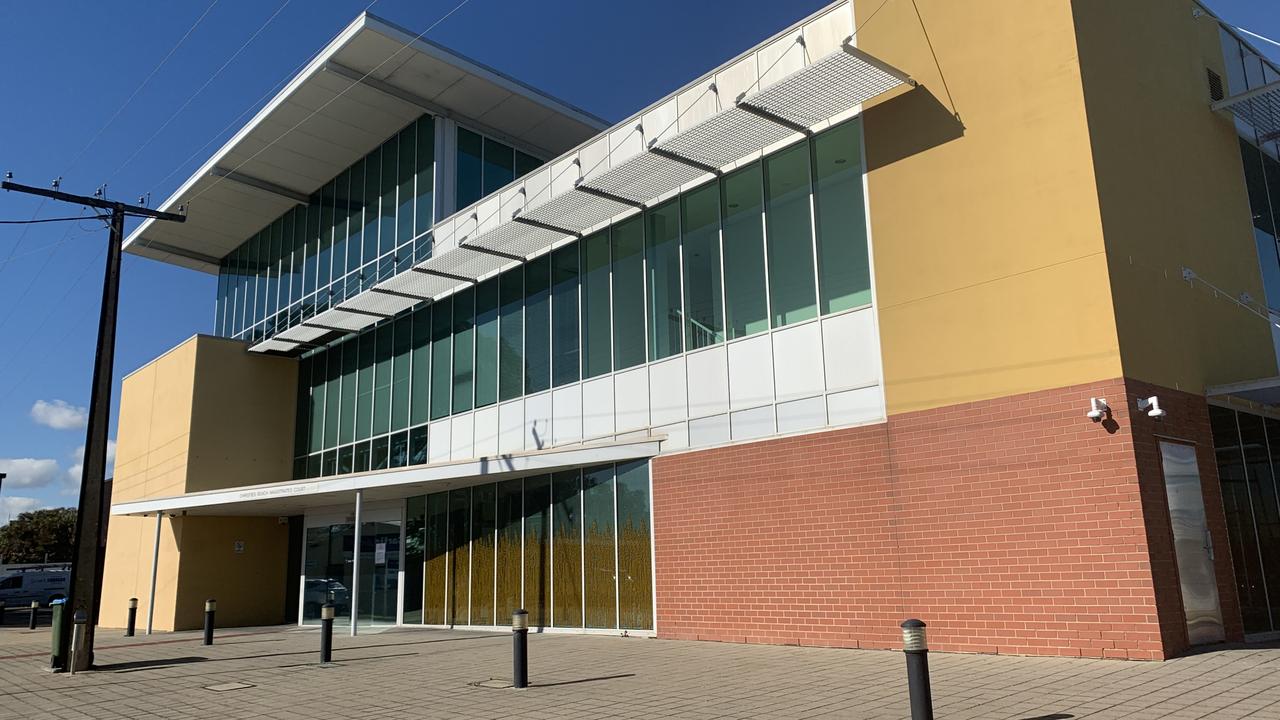Soniard Mrishaj asks Supreme Court to remove home detention bail conditions
An alleged $1.6m cocaine trafficker has asked a court to relax his bail conditions but prosecutors allege he withdrew $200,000 after his arrest and could flee.

Police & Courts
Don't miss out on the headlines from Police & Courts. Followed categories will be added to My News.
A man charged over the importation of $1.6m worth of cocaine secreted inside a smoke machine has asked a court to relax his home detention bail conditions, in part so he can access hydrotherapy for a knee injury.
Soniard Mrishaj, 37, of Fulham Gardens this week asked the Supreme Court to overturn a Magistrates Court ruling preventing the removal of his electronic monitoring device.
Prosecutors opposed the request because they allege he is at risk of fleeing overseas.
Josh Owen-Thomas, prosecuting, told the court Mr Mrishaj had withdrawn $200,000 in the days after his arrest in March and that family members had sent $150,000 overseas.
“According to police, despite having surrendered his passport, Mr Mrishaj has access to substantial funds that could be used to facilitate his exit from Australia through unlawful means,” he said.
“The best way to ensure that he remains in the jurisdiction and continues to answer his bail, to ensure that he is closely monitored … is the electronic monitoring that he is currently subject to.”

Mr Owen-Thomas told the court the plot to import 4kg of cocaine – which the court has previously heard had an estimated street value of $1.6m – was foiled by authorities, who replaced the drug with an inert substance and attached recording devices.
“Due to the surveillance devices installed in the package, police are notified that the package is opened and the footage obtained in the surveillance devices depicts two males opening the devices and taking out its contents.” Mr Owen-Thomas said.
He said one of the men in the footage was wearing a black T-shirt with “distinctive” white lettering, which matched the shirt Mr Mrishaj was wearing when arrested minutes later.
The court heard police entered the home “rapidly” after the package was opened and saw Mr Mrishaj throwing items over a fence – including the inert substance.
A search of the home uncovered $350,000 cash secreted in the kitchen, $100,000 in a wardrobe, $39,000 in a TV unit drawer and $10,000 in a bag with Mr Mrishaj’s passport. A search of the gold Toyota, registered to a co-accused, found 360g of cocaine secreted behind the centre console.
Will Mickan, for Mr Mrishaj, said suggestions his client was a flight risk were “pure speculation”.
He said Mr Mrishaj’s home detention bail conditions prevented him from working full-time at his construction company and access treatment for a knee injury.
Mr Mickan said Mr Mrishaj had been referred for hydrotherapy to avoid surgery on an “already damaged” knee ligament, but could not wear the electronic monitoring device during hydrotherapy sessions.
Mr Mickan said the electronic monitoring device had a maximum 10-hour battery life which was “inconsistent” with full-time work. He said Mr Mrishaj was had only three permanent pass outs per week for work.
He said Mr Mrishaj had been compliant with bail and could lost his assets – including a car, cash and property being developed at Payneham – if he absconded.
Mr Mrishaj is yet to enter pleas to drug trafficking and money laundering charges.
Justice McDonald ordered a report to address whether home detention requires a condition of electronic monitoring, how long the battery of electronic monitoring devices lasts and if Mr Mrishaj could gain more permanent pass-outs for work.
Mr Mrishaj returns to court next week.




